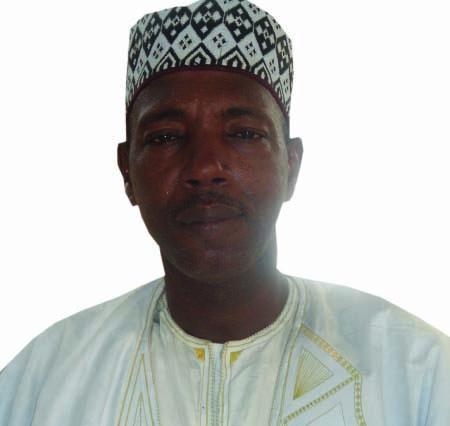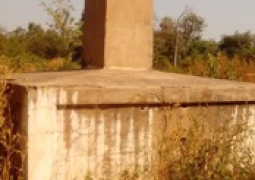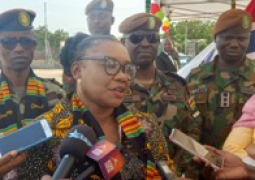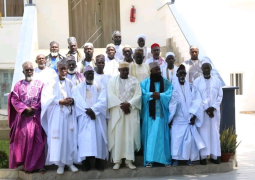
“Over D500 million has been stolen from innocent Gambians by unscrupulous real estate agents—and now, the government is ready to strike back.”
Speaking during the Mansa Kunda Townhall Meeting, on Friday, the minister described the situation as a “controlled mess” that has gone unregulated for far too long.
“We now believe over 500 million dalasis have been robbed from Gambians by some of these agents. And no doubt, GRTS is a victim,” the Minister said, referencing the national broadcaster as one of the institutions allegedly duped by rogue operators.
While acknowledging that a few real estate players are doing honest work, Minister Bah emphasised that the sector is riddled with corruption, deceit, and exploitation often targeting vulnerable citizens desperate to own land.
“Yes, some of them are genuine and doing a good job. But we have a lot of them who are doing very bad things to our country,” he added.
“It’s high time we came up with the necessary legislation and regulations to manage these people. The study we received makes disturbing reading,” Bah warned.
According to the Minister, a Real Estate Bill is now in the works part of a broader legislative clean-up that includes updates to the Physical Planning and Development Control Act, the drafting of an NGO Bill, and a new Housing Policy.
The new Real Estate Bill, once passed, will require all agencies to be formally registered, meet professional standards, and adhere to strict rules on transparency and accountability. Bah stressed that the days of “fake leases, double sales, and phantom plots” are coming to an end.
He stated that this revelation comes as part of the government’s new comprehensive National Land Policy, a landmark reform aiming to overhaul the way land is owned, sold, and managed in The Gambia. The policy, which the Minister says is “99.9% complete,” addresses a broad range of issues including digital land registration, gender equity, community ownership, and dispute resolution.
He further outlined that a full digital transformation of land ownership and registration processes is underway, backed by the World Bank under the WACA project. This will allow authorities and citizens alike to easily verify who owns what, where, and when.
“Once digitalized, the issue of duplication and crisis will be over. Everything will be transparent,” he said.
He also stated for the first time, the policy mandates equal land rights for women – a revolutionary move in a country where many women are denied inheritance or ownership under customary practices.
“In our villages, our sisters don’t inherit land. They only get the forests. This policy will end that,” Bah stated.
He underscored that the government is moving to formalise community and family land ownership, giving legal protection to people who have traditionally been left vulnerable to fraud and dispossession.
“Once families have title deeds, nobody can tamper with their land,” he asserted.
“To ease the burden on the judiciary, the government is preparing to launch a special land court and alternative dispute resolution mechanisms to fast-track land-related conflicts.
“Some people have been in court for 10 or 15 years. That’s unacceptable,” Bah said.
Minister Bah ended his remarks emphasising that “the era of land lawlessness is coming to a close. With the full backing of President Adama Barrow, the government is determined to bring transparency, fairness, and order to land use in The Gambia.
“We are taking the bull by the horns. Gambians deserve a land system they can trust,” he concluded.




